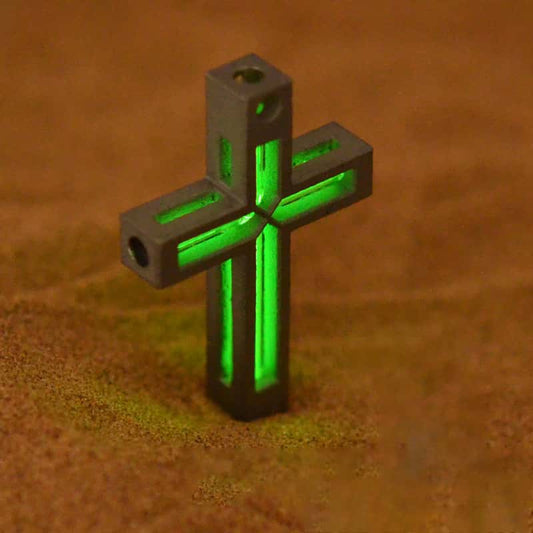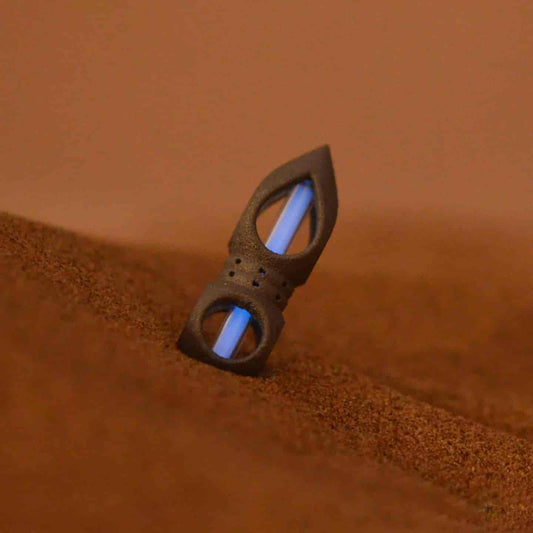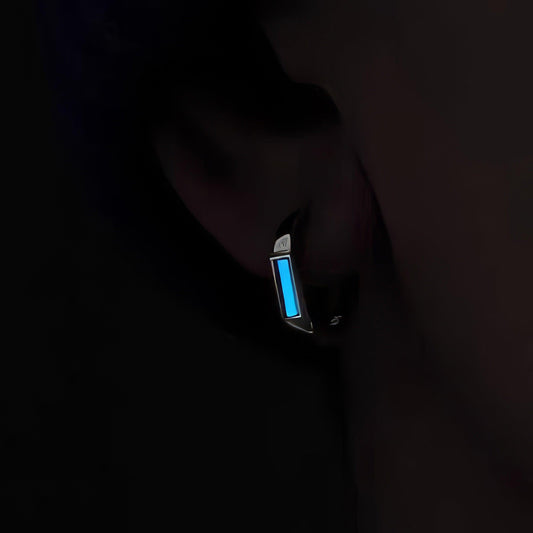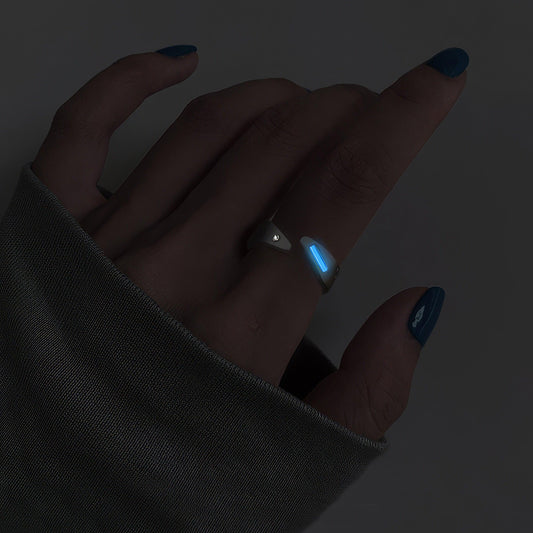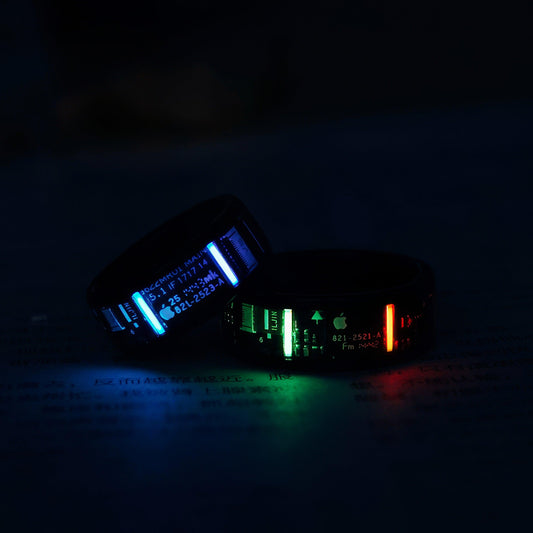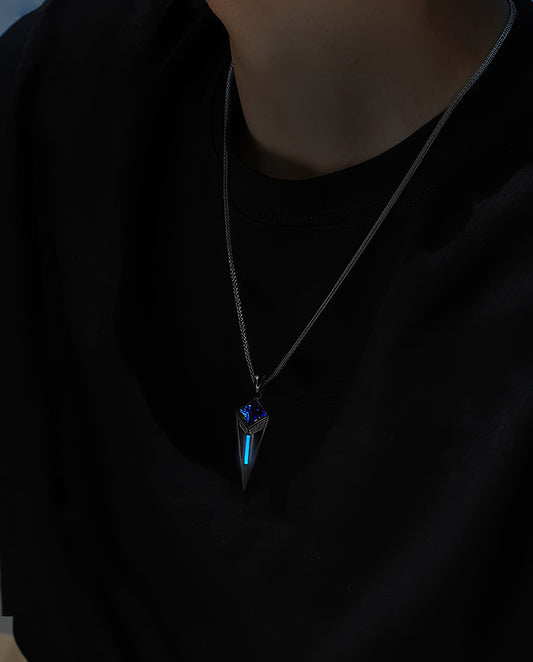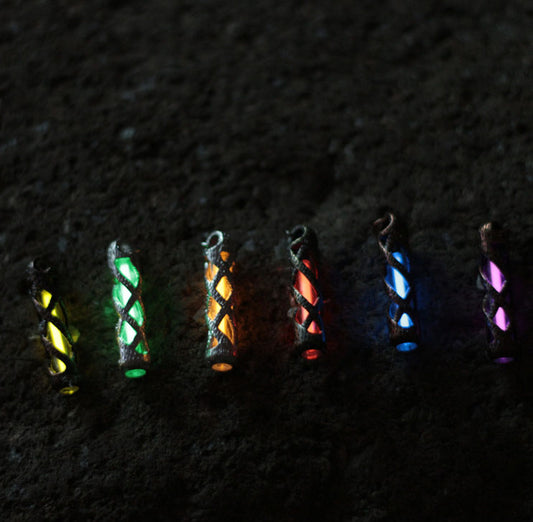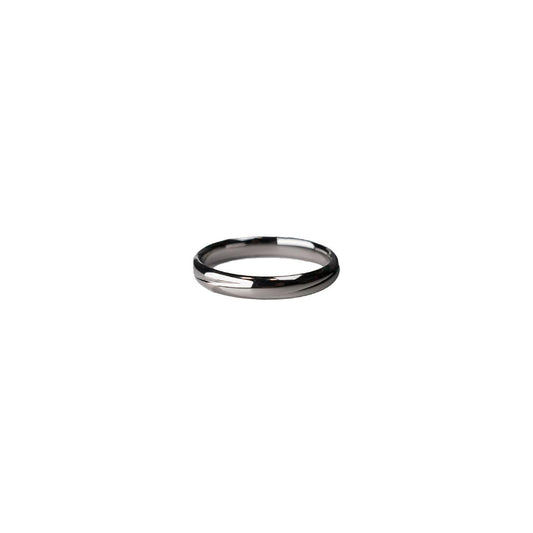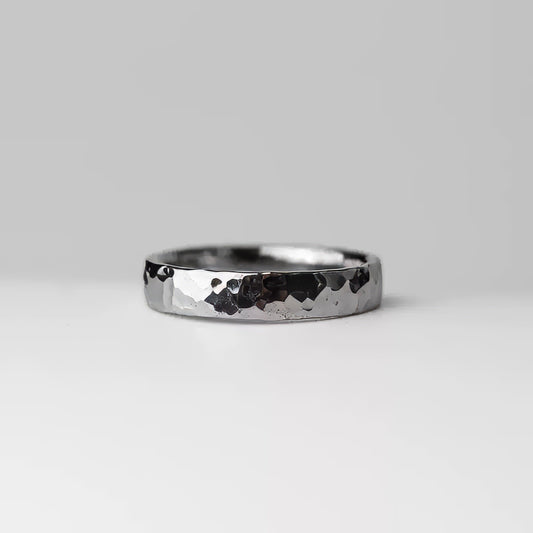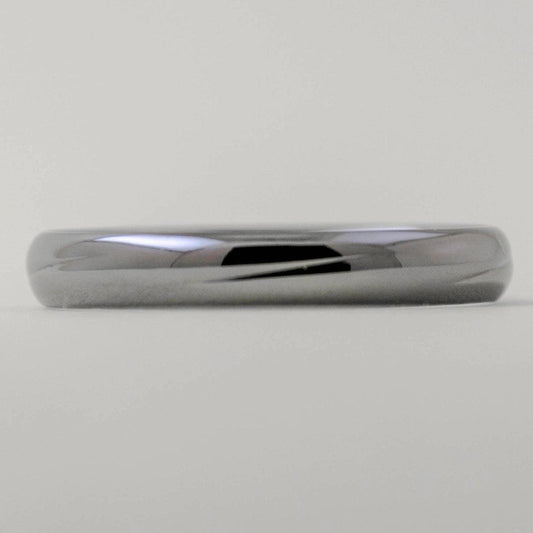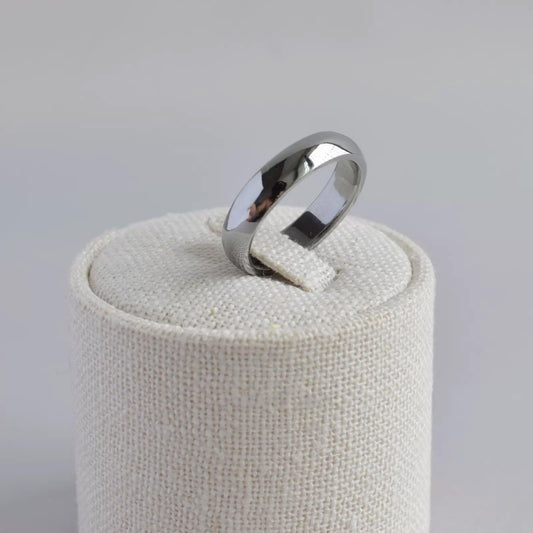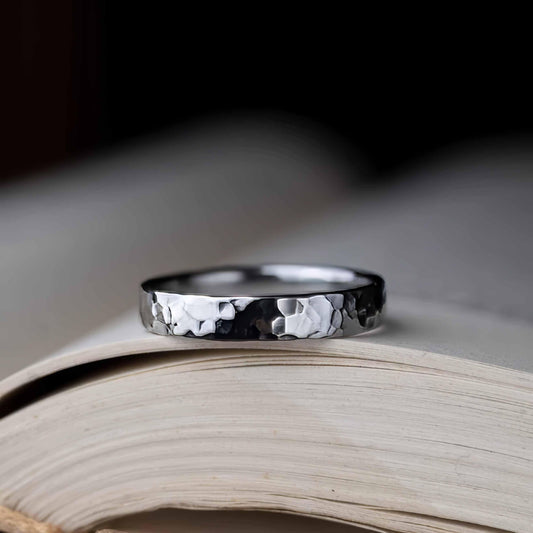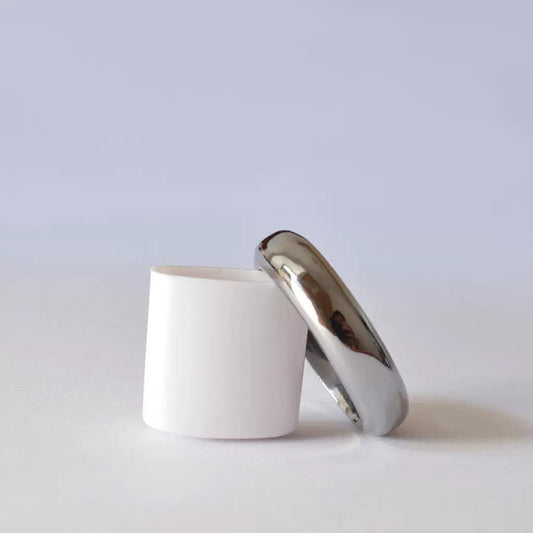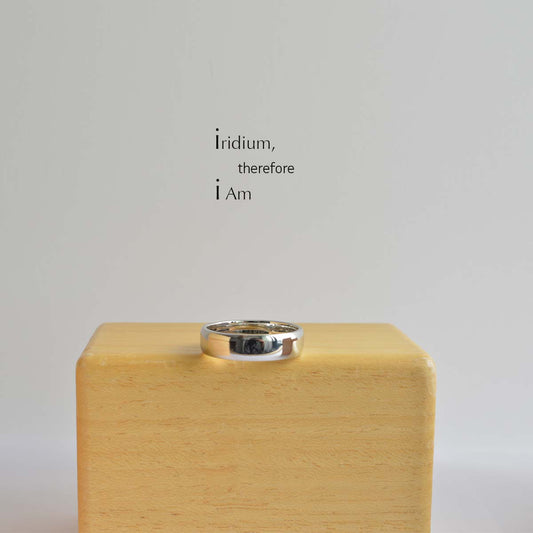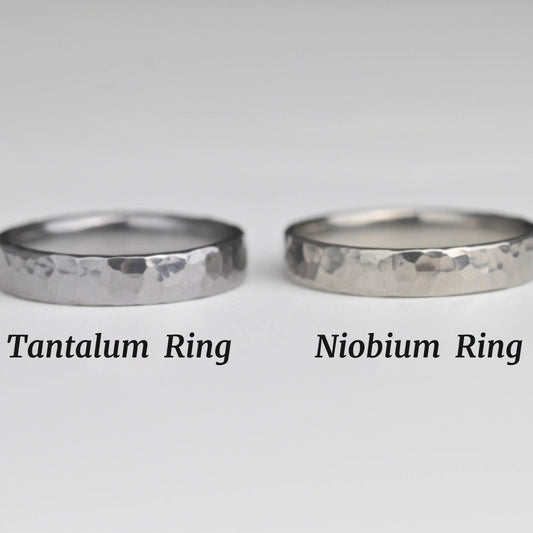Lab Diamonds A Modern Love Story
Lab Diamonds A Modern Love Story
If someone had told me, a decade ago, that lab-grown diamonds would become as beloved as their natural counterparts, I'd have probably raised an eyebrow. Back then, the idea felt a bit like suggesting strawberries grown without soil—possible, but not quite the same. However, as the world spins toward sustainability and technology continues to poke at the boundaries of nature, lab diamonds have emerged as a fascinating tale of alchemy meeting ethics.
Lab diamonds are essentially real diamonds. Unlike cubic zirconia or moissanite, which are different materials altogether, lab diamonds share the same physical and chemical properties as natural diamonds. Born from carbon and crystallized under intense pressure, lab diamonds are created in high-tech environments. It’s almost like watching Mother Nature work on fast-forward. The process mimics the geological conditions that form natural diamonds deep within the Earth, albeit in a fraction of the time.
The technology is captivating, yet there's a deeper narrative here. I remember the first time a friend showed me her lab diamond engagement ring. Her eyes sparkled with a mix of excitement and mischief. "It's real," she insisted, knowing full well the skepticism that accompanied the term "lab-grown" back then. But as I examined the ring, I was taken aback not just by its brilliance but by the story it told. My friend's values of environmental consciousness and social responsibility were reflected in that diamond—proof that love and ethics aren't mutually exclusive.
The cultural shift to lab diamonds also mirrors broader trends in fashion and consumption. There's a growing desire for transparency and ethical sourcing. Gone are the days when the only measure of a diamond's worth was its carat weight or clarity. Now, the story behind a stone matters just as much. Consumers want to know where their diamonds come from and the impact of their creation on the world. Lab diamonds fit neatly into this narrative, offering a guilt-free sparkle that's hard to resist.
Yet, despite their benefits, lab diamonds face a curious stigma. For some, there's an undeniable allure in the idea of a diamond formed over billions of years, deep within the Earth. But isn't there a modern magic in creating a diamond in weeks, a testament to human ingenuity and progress? It’s a conversation at dinner tables and jewelry counters alike, where tradition butts heads with innovation.
As I sit here now, pen poised over paper, I have to admit that lab diamonds intrigue me. They embody the spirit of our age: striving to preserve the beauty of the past while crafting a sustainable future. In a world where authenticity often feels lost in the digital ether, lab diamonds offer an unexpected source of genuine wonder—promising twinkle and truth in equal measure.
So when I look at a lab diamond, I don't just see a gemstone. I see a story—a reflection of who we are and who we aspire to be. And isn’t that what truly makes a diamond valuable?
